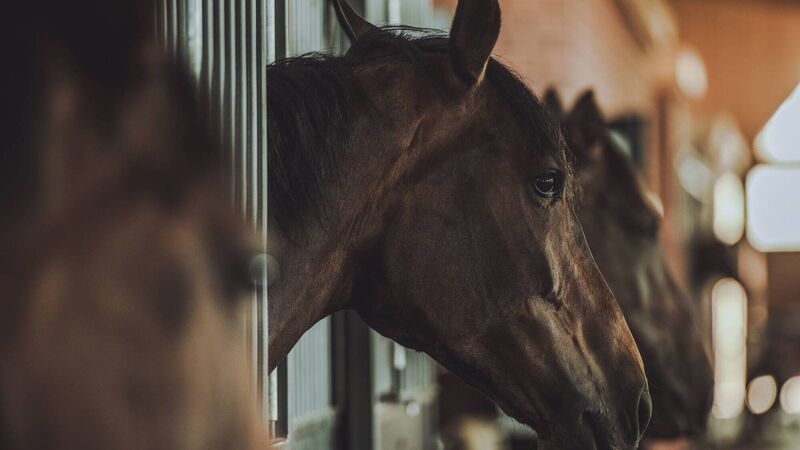Horse industry must change to stop damaging the environment

The use of water to maintain ground conditions and horse welfare, the use of resources through feed, bedding, supplements, tack and equipment, and land management all impact the environment.
Horses can benefit the land and form an important part of the ecosystem, according to a major new research report.
But it also notes the modern use and care of domestic and sport horses are largely at odds with the needs of nature.











